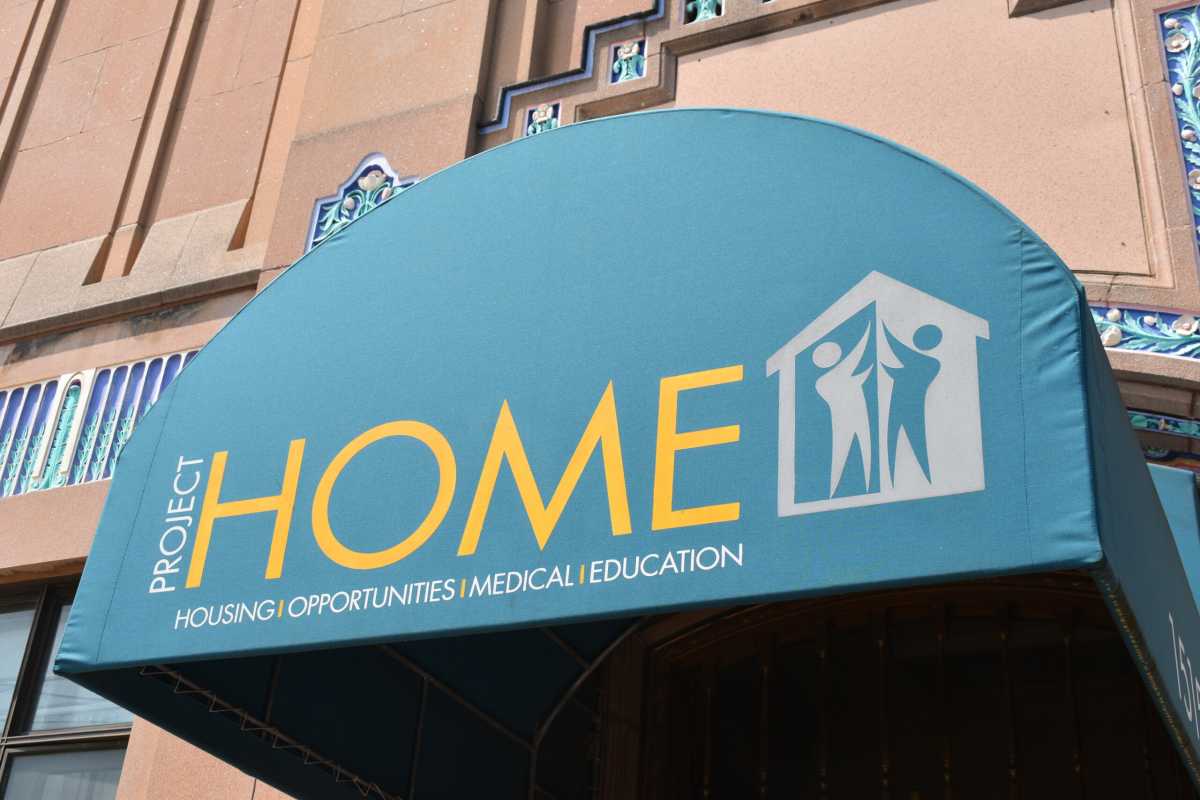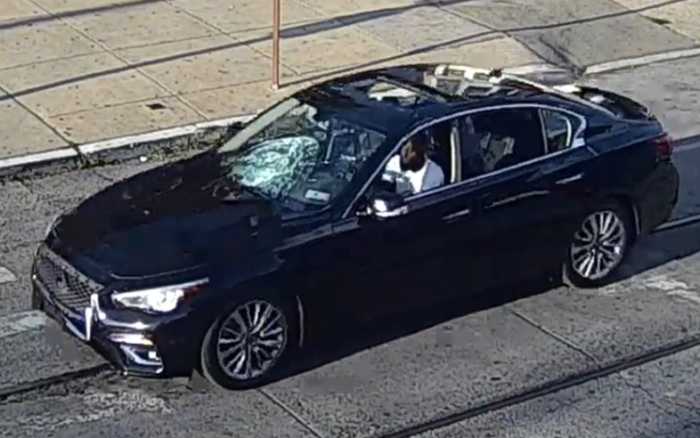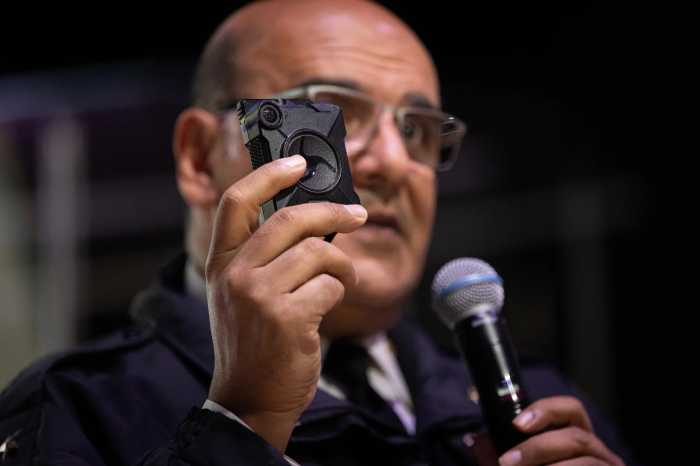Project HOME, with the help of a $25 million donation, is launching an effort with local hospitals to get opioid users off the streets and into treatment and housing.
Organizers hope the approach can have a transformational effect, particularly in Kensington, and Project HOME co-founder Sister Mary Scullion believes the framework can serve as a “national model for addressing substance use in cities and neighborhoods nationwide.”
“Everyone here is touched in some way by this crippling epidemic and its far reaching effects,” she said at a news conference Wednesday. “Our work today and going forward is about providing people and communities the support and services they need to realize a path to improved health and wellbeing.”
Her nonprofit, which focuses on eradicating homelessness, is teaming up with Temple Health, Penn Medicine and Jefferson Health on the collaborative.
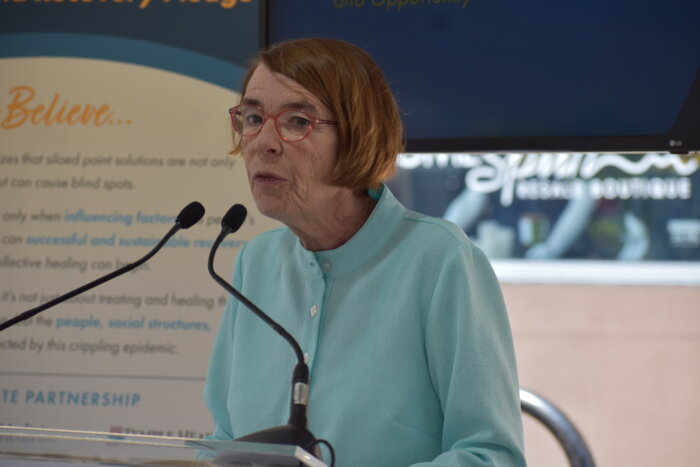
Outreach teams, through Project HOME’s street medicine program, will accompany patients as they enter the hospital. Then, healthcare workers will treat their withdrawal symptoms and introduce them to medication-assisted recovery, organizers said.
Once the patient is medically stable, Project HOME will connect them to transitional and, eventually, permanent housing, said Joan Dawson-McConnon, who started the nonprofit alongside Scullion.
“People need a place to go. They need housing to recover,” Project HOME peer specialist Monique Taylor said. “But not only that, they need a safe space to talk to someone and receive urgent health care.”
Dawson-McConnon said that the collaboration will begin with 12 low-barrier respite beds and additional beds are being identified at the organization’s various recovery houses. Over the next five years, the goal is to create 150 new housing units.
“The solution is affordable housing, and so we have to just keep building until we end it,” Dawson-McConnon told Metro.
Penn Medicine CEO Kevin Mahoney said another aspect of the program is taking the best scientific research about addiction and applying those strategies in Kensington and other neighborhoods.
More people — 1,276 — died of drug overdoses in Philadelphia in 2021 than ever before. Opioids were detected in 82% of the fatalities, with fentanyl present in 77% of cases, according to the city Department of Public Health.
The recently announced initiative, called the Estadt-Lubert Collaborative for Housing and Recovery, hopes to gather at least $100 million from public and private sources over the next decade to amplify services.
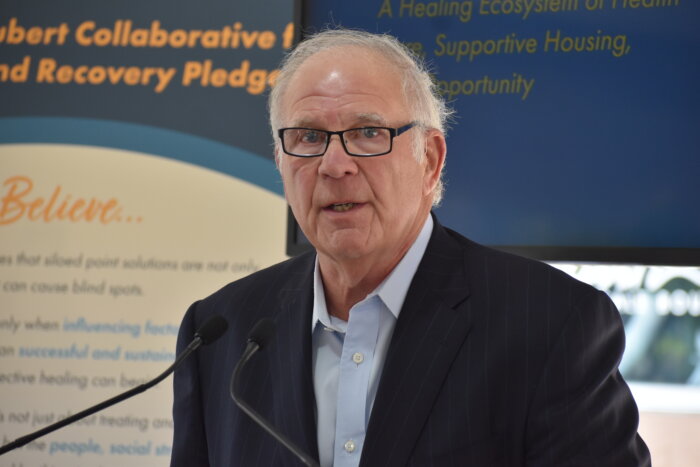
Pam Estadt and Ira Lubert, a private equity and real estate fund manager, offered the initial $25 million gift, and other philanthropists attended Monday’s event, including Phillies owner John Middleton.
“I don’t think anyone can look at the suffering and challenges faced by so many and not feel deeply compelled to do something to help to be a part of the solution,” Lubert said.
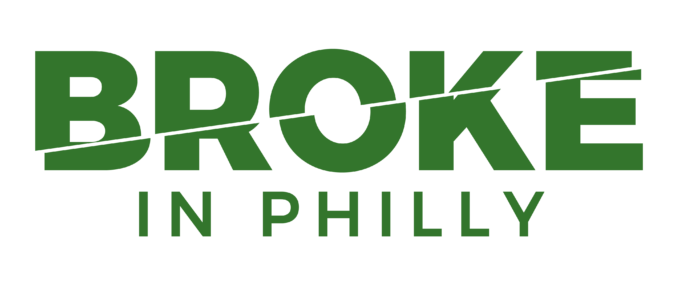
Metro is one of more than 20 news organizations producing Broke in Philly, a collaborative reporting project on economic mobility. Read more at brokeinphilly.org or follow on Twitter at @BrokeInPhilly.



